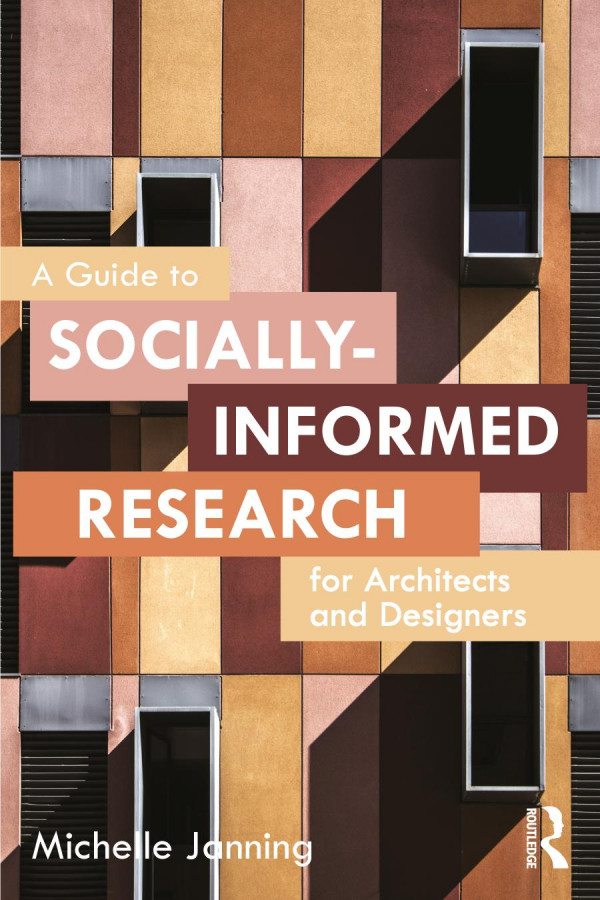

Most ebook files are in PDF format, so you can easily read them using various software such as Foxit Reader or directly on the Google Chrome browser.
Some ebook files are released by publishers in other formats such as .awz, .mobi, .epub, .fb2, etc. You may need to install specific software to read these formats on mobile/PC, such as Calibre.
Please read the tutorial at this link: https://ebookbell.com/faq
We offer FREE conversion to the popular formats you request; however, this may take some time. Therefore, right after payment, please email us, and we will try to provide the service as quickly as possible.
For some exceptional file formats or broken links (if any), please refrain from opening any disputes. Instead, email us first, and we will try to assist within a maximum of 6 hours.
EbookBell Team

4.0
36 reviewsThis book offers an efficient set of step-by-step tips and overarching lessons about how to gather useful, meaningful, and socially-informed data about clients’ and other stakeholders' experiences in architecture and interior design professions.
In this guide, author Michelle Janning helps the design professional conduct ongoing evaluation of design projects, create useful pre- and post-design evaluations, frame effective questions for improved future design, involve various stakeholders in the research process, and focus on responsible and evidence-based human-centered design to improve the relationship between design and people’s experiences. Examining a variety of both large- and small-scale project examples from different institutional realms, including healthcare sites, schools, residences, eating establishments, museums, and theaters, this book highlights not only the overlap in these types of projects but also the differences between project sizes that may impact the methods used in any given project. It also offers tools for how to communicate design success to audiences that include potential clients, occupants, and other designers.
A Guide to Socially-Informed Research for Architects and Designersis a go-to reference for design professionals interested in using accessible social scientific methods to gather essential and practical information from people who occupy the spaces they design and to do so in an ethical, inclusive, and socially-informed way in order to enhance social sustainability in the built environment.